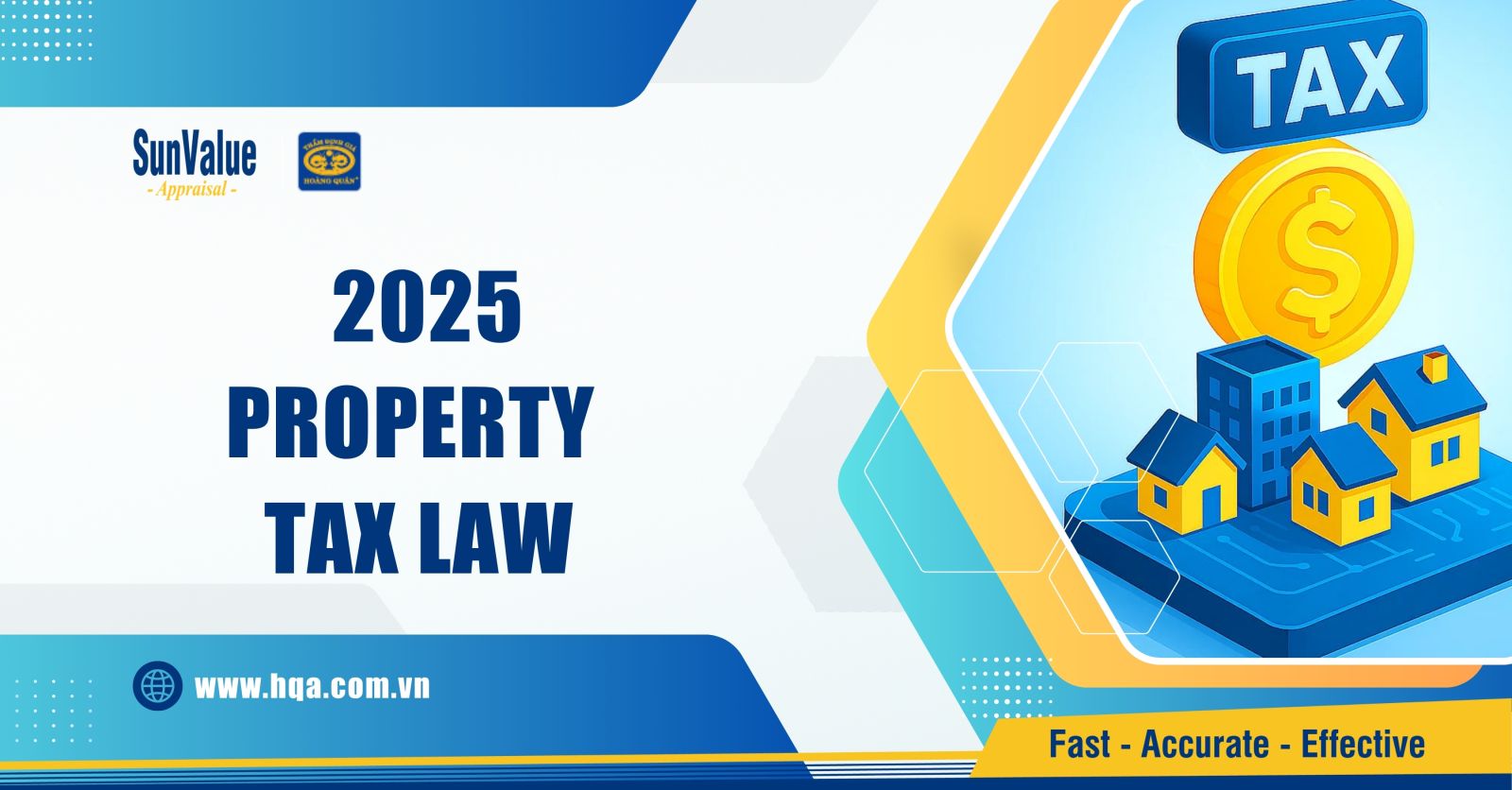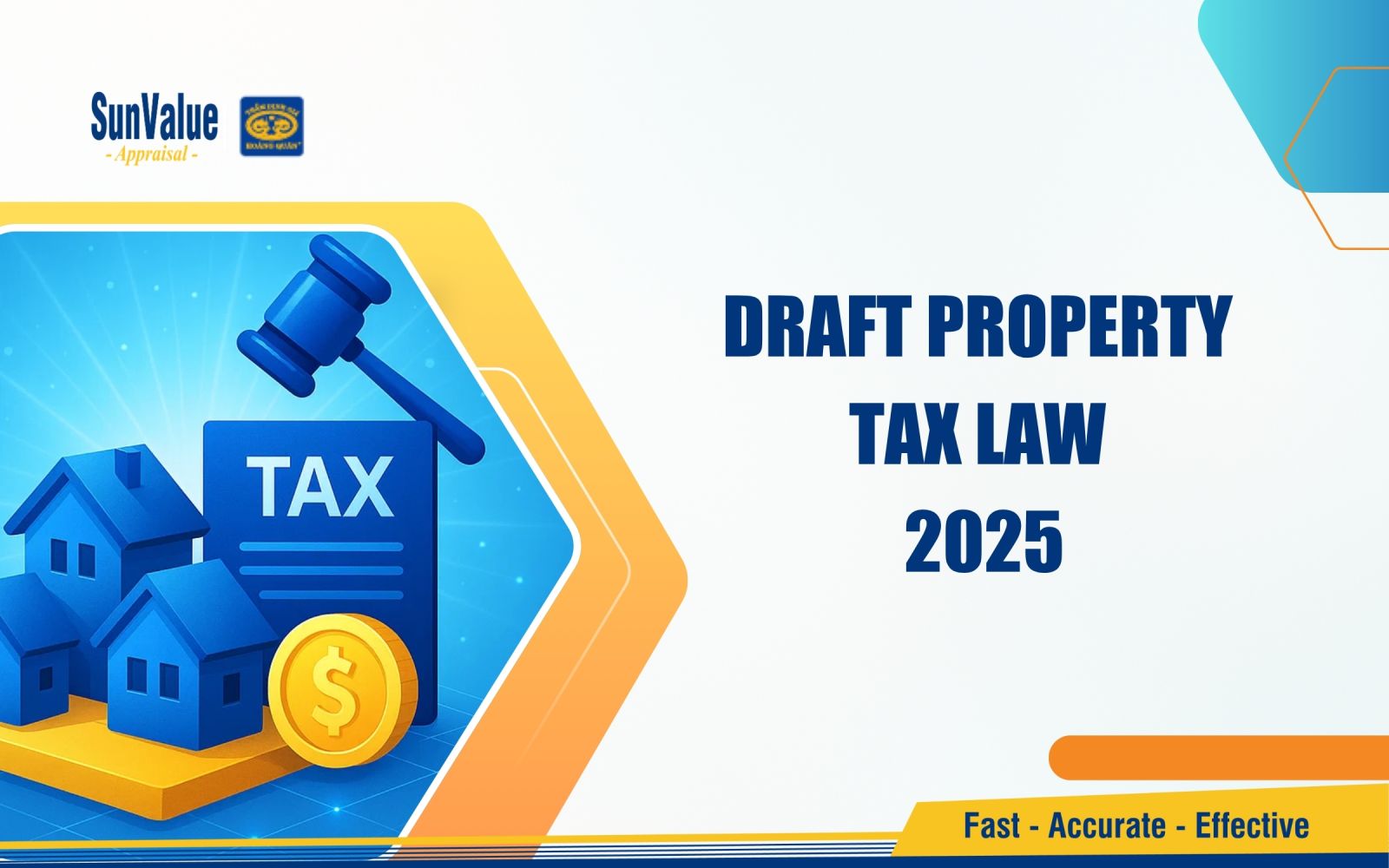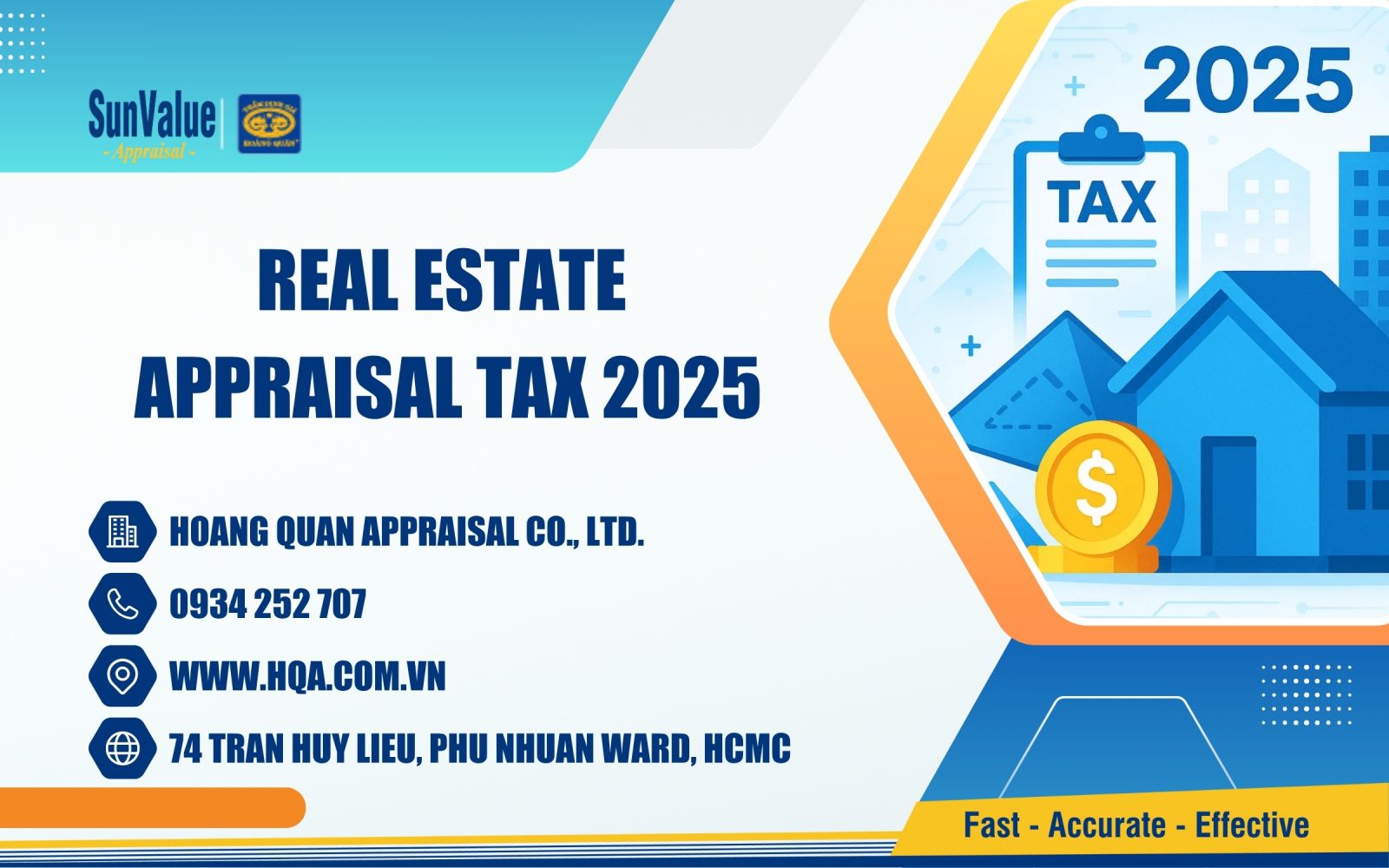As Vietnams real estate market grows more dynamic, property tax law is becoming a hot topic. From buying and selling real estate to inheritance and gifting, understanding real estate taxes is essential. This article provides a clear overview of current regulations and the upcoming 2025 changes, helping property owners and investors stay informed and compliant.

What is property tax in Vietnam?
"Property tax" or "asset tax" refers to taxes imposed on real estate holdings and transactions. In Vietnam, property tax includes:
-
Non-agricultural land use tax: Based on land price and usage area.
-
Transaction taxes: VAT, PIT, and CIT applied to real estate buying/selling.
-
Inheritance/gift taxes: The recipient pays PIT based on the propertys market value.
-
2025 proposals: New rules aim to align declared prices with market values, limiting underreporting.
<img alt="" property="" tax"="" or="" "asset="" refers="" to="" taxes="" imposed="" on="" real="" estate="" holdings="" and="" transactions"="" data-cke-saved-src="/img_data/images/property-tax-law-1.jpg" src="/img_data/images/property-tax-law-1.jpg" bis_size="{"x":0,"y":0,"w":0,"h":0,"abs_x":0,"abs_y":800}">
Latest legal updates: Land law 2024 & draft property tax law 2025
According to the Land Law 2024, effective from early 2025, taxable income from real estate transfers will be calculated based on the land price lists issued by the provincial Peoples Committees, instead of relying on the contract prices. This change aims to reduce underreporting and tax evasion.
In addition, the Draft Property Tax Law is expected to be submitted to the National Assembly for review during its 8th session in October 2024 and is likely to be passed in early 2025. The draft includes proposed taxes on second homes and on unused/vacant properties.
The government has tasked the Ministry of Finance with thoroughly researching the taxation of unused real estate to curb speculative activities and eliminate artificial price inflation. Both the National Assembly and the Ministry of Finance are also considering a 20% tax on the profit margin from real estate transfers - a recommendation from experts that is under serious discussion.
Once officially enacted in 2025, this law will mark a significant shift toward greater transparency. All property transactions - including purchases, sales, inheritance, and gifting - may be subject to clearly defined taxes based on actual property values.
Key changes in the 2025 draft property tax law
Year 2025 marks a strong shift in real estate tax policy:
-
Market-based tax pricing: Adjustments if declared prices differ by over 20% from local price lists.
-
Wider tax coverage: Includes houses, villas, corner units, land lots, condotels and foreign-owned properties.
-
Tax exemptions: Homes valued below VND 700 million may be exempted to support low-income individuals.
-
Revaluation frequency: Properties to be appraised every 2 – 3 years.
-
Streamlined procedures: Online declarations and simplified processes.
-
Vacant land penalties: Owners may share infrastructure costs if land is unused for over 3 years.
The goal is transparency, limiting speculation, increasing local budget revenue, urban renovation and more efficient handling of personal assets, in line with the rapid growth of the market.

How to calculate and file property taxes in Vietnam
Filing property taxes involves:
-
Identifying the applicable tax type: sale, transfer, inheritance or gift.
-
Estimating value based on state price lists or independent appraisal.
-
Submitting a tax return online or in-person, including: Valid contracts, Personal/business ID, Land ownership documents, Proof of relationship (for inheritance/gift).
-
Paying the tax upon receiving the tax authoritys notice.
Failure to declare or pay on time incurs daily penalties (0.03 - 0.05% of unpaid tax). Using independent appraisal helps ensure accuracy and avoid legal risk.
Why tax reassessments are on the rise ?
According to statistics from the HCMC Tax Department, authorities collect over VND 500 billion annually in back taxes due to underreporting, document fraud or unreported underground transactions. Common scenarios include:
-
Sellers declare low values based on state price lists while market values rise 30 – 40%.
-
Transactions between relatives with unproven relationships face high tax reassessments.
-
Incomplete exemption claims for gifted or inherited properties.
To thoroughly resolve this issue, using independent appraisal services to obtain valid documentation and market-based valuations is an excellent way for individuals and businesses to avoid double taxation and post-transaction audits.
Hoang Quan Appraisal – Accurate property valuation for legal tax filing and cost optimization
Vietnam’s real estate market is entering a phase of stricter legal and tax regulation. Individuals and businesses must not only understand their tax obligations but also accurately determine property values for proper declaration and tax payment. This prevents back taxes, penalties and unexpected financial consequences.
Understanding these practical needs, Hoang Quan Appraisal - with over 23 years of experience, offers professional, transparent and market-aligned property appraisal services. Our valuations serve multiple purposes, including buying, selling, transferring, gifting, inheriting and especially tax declaration under current and upcoming property tax laws.
Real estate appraisal services at Hoang Quan Appraisal
-
Property valuation nationwide: Residential, land, and real estate assets appraised using Ministry of Finance-approved methods and real-time market data.
-
Tax advisory and support:
-
Personal income tax for transfers and gifts
-
Registration fees for name changes
-
Property tax under the proposed 2025 law
-
-
Professional, legally valid reports: Accepted by tax authorities, banks and credit institutions.

Our commitments:
-
Speed: Reports in 1 – 3 working days
-
Accuracy: Legally recognized, market-reflective pricing
-
Transparency: Fixed pricing, no hidden fees
Whether youre buying, gifting, inheriting or preparing for new property taxes in 2025, accurate valuation is key to legal compliance and financial planning.
Hoang Quan Appraisal is ready to accompany you - from accurately determining asset value to completing valuation documents and supporting full, timely, and compliant tax submissions.
Hoang Quan Appraisal Co., Ltd.
Address: Hoang Quan Appraisal System
Phone: 0934.252.707
Email: contact@sunvalue.vn
Facebook: Hoang Quan Appraisal
Website: hqa.com.vn
Conclusion
Vietnams real estate tax policies are evolving toward transparency and market alignment. By understanding your tax obligations and leveraging trusted appraisal services, you can avoid penalties, save costs and stay ahead in the changing property landscape. Let Hoang Quan Appraisal be your legal and financial partner in navigating these changes.

